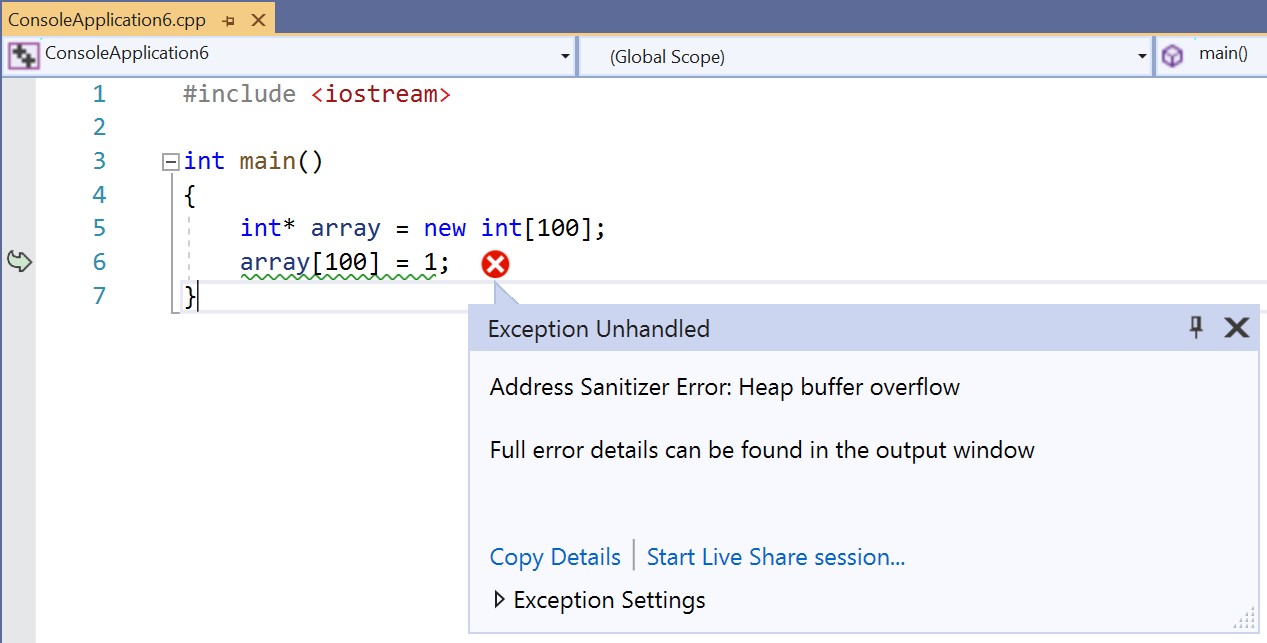C++ 20: The Core Language--Rainer Grimm
Many changes for the better.
C++ 20: The Core Language
by Rainer Grimm
From the article:
My last post C++20: The Big Four started with an overview of concepts, ranges, coroutines, and modules. Of course, C++20 has more to offer. Today, let's continue my overview of the core language...

 Will you try it?
Will you try it?